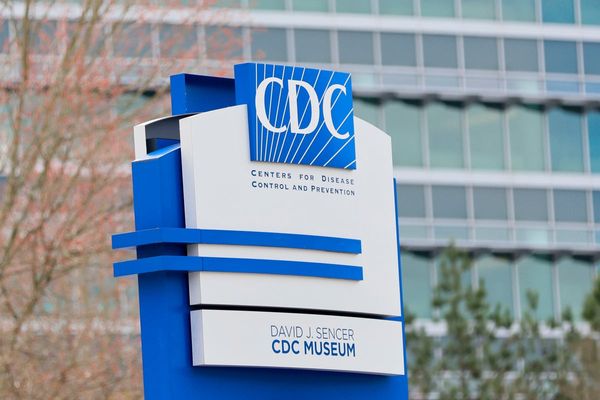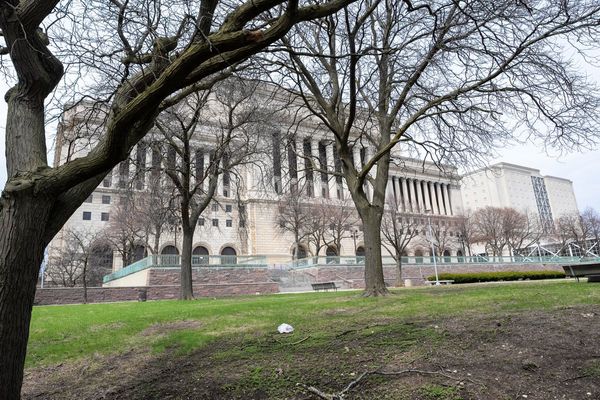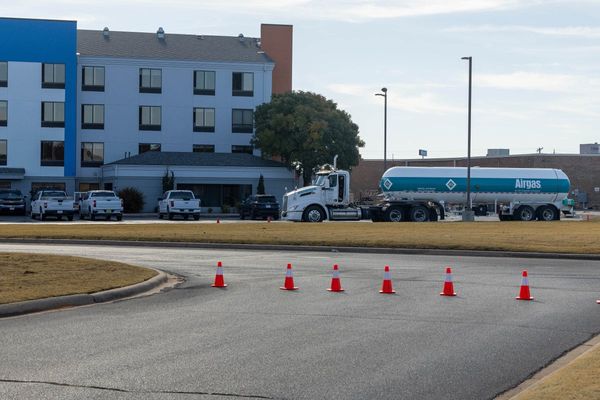
A pod of more than 50 pilot whales has died after a mass stranding on a Scottish beach.
Marine rescuers were called to the scene at Traigh Mhor in North Tolsta, on the Isle of Lewis, to reports that dozens of the mammals were in difficulty there around 7am on Sunday.
Initial reports suggested there were about 55 animals consisting of adults and calves, but it was soon discovered that only 15 remained alive.
The British Divers Marine Life Rescue (BDMLR) charity tried to refloat two of the more active whales that were low down in the water on the outgoing tide, and one got away. But the other subsequently restranded and died later on, as did three others.

At around 3.30pm it was decided that the remaining whales should be euthanised on welfare grounds.
The cause of the stranding is unknown but it is thought the pod may have followed one of the females.
BDMLR said: “One of the dead whales appeared to have had a vaginal prolapse – so it’s currently suspected that the whole pod stranded due to one female giving birth.
“Pilot whales are notorious for their strong social bonds, so often when one whale gets into difficulty and strands, the rest follow.”
The coastguard, the Scottish Fire and Rescue Service, police and Scottish Marine Animal Stranding Scheme (SMASS) were also at the scene on Sunday. Comhairle nan Eilean Siar (Western Isles council) said it had sent officers.
BDMLR added: “At about 3.30pm, the local vet along with the coastguard, fire and rescue, and a forensics vet came to the conclusion that the shallow beach and rough wave conditions made it too unsafe to refloat the remaining animals.
“Considering how long the pilot whales had been out of the water in addition to the poor conditions, it was decided that they should be euthanised on welfare grounds.
“We’d like to extend our thanks to the Lewis community, Stornoway coastguard, police, Stornoway and Shawbost fire and rescue, SMASS, SSPCA, Civil Air Support, CalMac [ferry service] and of course our dedicated team of medics who all came together in their efforts to rescue these whales.
“A sad outcome for this pod and obviously not the outcome we were all hoping for.”
SMASS will now carry out postmortem examinations on the whales to investigate why they stranded.
Pilot whales are part of the dolphin family and are the cetacean species most susceptible to mass strandings.







